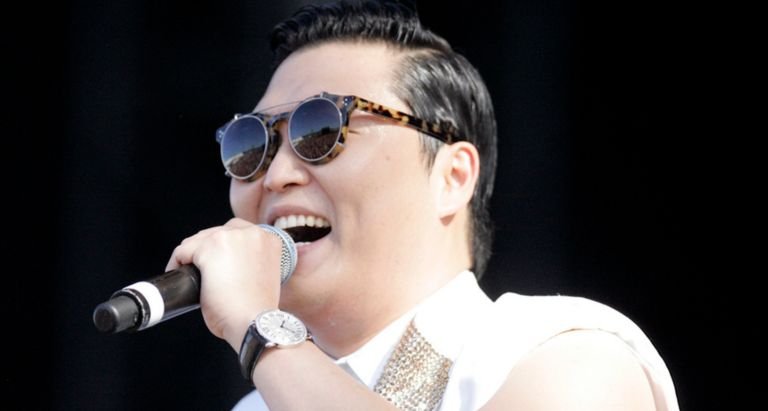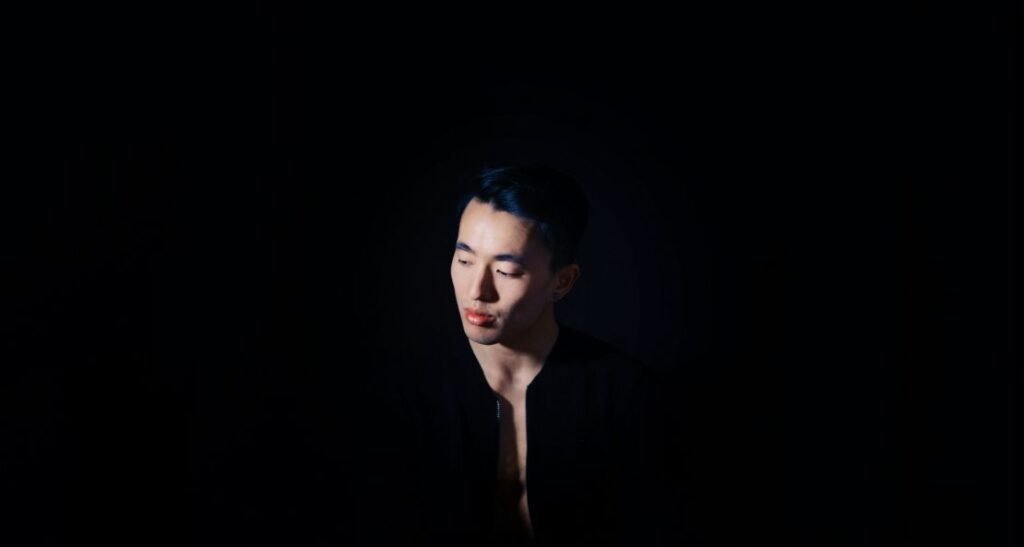Within the rich tapestry of Korean culture lies a term that reverberates with deep emotional and social significance: “oppa.” While its literal translation may seem simple, this word carries layers of meaning that provide a window into the intricate dynamics of Korean interpersonal relationships and societal values.
At its core, females use the term “oppa” to address their older brothers or males with whom they share a close, platonic bond. However, its reach extends far beyond this straightforward definition, encompassing a spectrum of relationships that blend respect, admiration, and affection.
In contemporary Korean society, the use of “oppa” has evolved to encompass a broader range of connections. Women often employ this term when referring to male friends, colleagues, or even romantic interests who are older, signalling a delicate interplay of respect and emotional closeness. This dual connotation, both familial and affectionate, underscores the fluidity of social roles and the depth of interpersonal dynamics cherished within Korean culture.
The linguistic origins of “oppa” are rooted in the hierarchical structure of the Korean language, which places great emphasis on age and social status. More than just a noun, “oppa” is a linguistic embodiment of respect, hierarchy, and the Confucian values that have profoundly shaped Korean society. This term reflects the cultural significance accorded to age-based roles and the reverence bestowed upon elders.

As Korean entertainment has captured the global imagination through the Hallyu wave, “Oppa” has found itself thrust onto the international stage. International fans of K-pop and Korean dramas have embraced this term, drawn to its connotations of endearment and respect. This global adoption highlights the term’s versatility and the universal appeal of Korean cultural exports.
Navigating the nuances of when and how to use “oppa” is crucial for anyone seeking to immerse themselves in Korean language and culture. This term is reserved for specific contexts and relationships and is primarily employed by females when addressing older males with whom they share a certain level of familiarity and affection. Misuse of “oppa” can lead to social missteps, underscoring the importance of cultural sensitivity and awareness.
Furthermore, “oppa” is part of a broader system of Korean honorifics, each tailored to specific relationships and social contexts. Terms like “hyung” (for males addressing older males), “noona” (for males addressing older females), and “unnie” (for females addressing older females) complement “oppa,” creating a rich tapestry of respectful and affectionate addresses within Korean culture.
As we delve into the realm of “oppa,” we embark on a journey of cultural understanding and connection. Whether through the captivating narratives of Korean dramas, the infectious energy of K-pop, or the pursuit of linguistic mastery, this term serves as a gateway to appreciating the beauty and complexity of Korean language and culture, inviting us to embrace the values of respect, affection, and societal harmony that lie at its heart.
You might also like:


